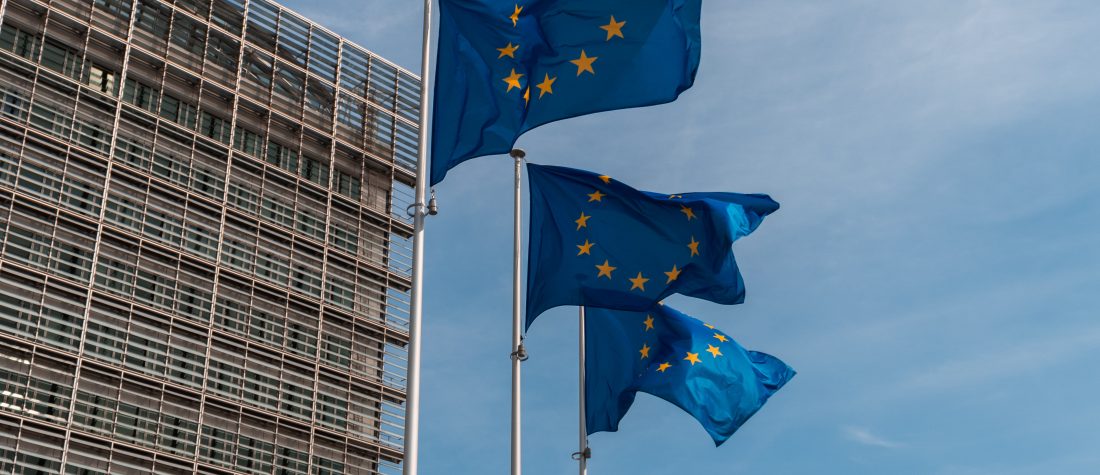What do the phrases “ladies and gentlemen,” “Christmas” and “Mary and John” all have in common? According to an internal 30-page set of “guidelines on inclusive communication” addressed to the European Commission by its Commissioner for Equality, the Maltese Helena Dalli, all of these terms and expressions could be discriminatory and hurt the European Union’s (EU) image as a body of inclusive institutions. Commission employees should, per the memo, consider replacing the terms listed above by “dear colleagues,” “the holidays” and—best of all—“Malika and Julio”. Dalli “proud[ly]” launched the guidelines on October 26, but once the Italian daily Il Giornale leaked the document, the backlash from assorted conservatives, Emmanuel Macron, and the Pope himself proved too severe. Dalli backtracked claiming the document had been “misunderstood”, but it was nonetheless removed from the Commission’s intranet and hasn’t been reuploaded since. The Commissioner’s ill-fated guidelines have sparked a fierce debate about the penetration of “woke” ideas within EU institutions.
Woke’s roots
Journalist and author Brice Couturier explains that “wokeism” derives etymologically from the African American slang for “awoken”, popularised by the Black Lives Matter movement. The term “woke” loosely refers to a political sensibility akin to the several religious awakenings that have cyclically shaped America’s history. Woke activists are hyper-conscious of all purported forms of discrimination and tend to view society as irreparably divided between the oppressed (ethnic, religious and sexual minorities, women) and oppressors.
Couturier claims this is a recycled version of Marxism where the proletariat is no longer economically but culturally oppressed. Although an eminently American movement, wokeism is now ripping through the EU, much to the chagrin of unwoke intellectuals for whom the movement should be viewed as an exclusively American response to an American history of racial strife. For Couturier, the emergence of wokeism in Europe is an aberration. Granted, woke activists lambast the legacy of Europe’s colonial history in much the same way as they decry the legacy of slavery in America. They overlook, however, the fact that most European countries lacked a colonial empire.
Linguistically woke
One of the wokes’ overarching objectives is to evolve standard language and vocabulary to reflect the newfound consciousness of social injustices. This is a desire inherited from post-1968 French theorists. Pierre Bourdieu, for instance, argued that the ruling class appropriates and wields language as a weapon of domination. A hyper-sensitivity to language now dominates American college campuses, with new concepts like “trigger warnings” or “safe spaces” stifling the free speech that used to be the liberal university’s norm. These concepts are now increasingly appearing in European media and left-wing politics, as evidenced by Helena Dalli’s guidelines. Indeed, culture wars are now routine across the continent. In 2020, President Emmanuel Macron, despite lambasting Dalli’s guidelines as an excess of a noxious ideology, still accepted the existence of “white privilege”.
The EU is in fact peculiarly prone to adopting ‘woke’ concepts. Rodrigo Ballester finds Dalli’s guidelines to be both representative of woke ideology and also the tip of the iceberg. The quest for inclusivity borne out in Dalli’s guidelines, he argued, is gaining even more traction in the EU Council and the European Parliament. Whilst national politicians would face heavy electoral backlash for adopting marginally popular woke concepts, EU officials and parliamentarians don’t face nearly as much exposure to the electorate, their appointment being the result of opaque power-sharing agreements and backroom deals. Ballester added that Brussels, with the considerable sums of money it spends on behalf of member states and the relative opaqueness of its bureaucracy, has long been a magnet for various NGOs and minority interest groups looking for generous funding.
The tensions in Brussels over wokeism also echo recent feuds with Hungary, where Ballester is based, and Poland—two member states run by thoroughly unwoke, conservative governments. Although their conflict with Brussels is nominally over rule-of-law and border security, these issues are increasingly intertwined with broader ones. When Hungarian Prime Minister Viktor Orbán moved earlier this year to ban the portrayal of homosexuality in children’s’ schoolbooks, he was swiftly condemned by Brussels. Much the same as when Poland’s Constitutional Tribunal moved to restrict abortion access.
On whether the Visegrad countries offer an alternative to the increasingly tighter corset of wokeness in Brussels, Ballester and Couturier disagree: the former cheers on Orbán’s culture wars, whereas Couturier worries that they may mask a problem of democratic backsliding. But for both of them, wokeness represents an existential threat to viewpoint diversity and freedom of speech at the heart of the EU—one that should be fiercely exposed.
Rodrigo Ballester is a former EU civil servant now running the Center for European Studies at Budapest’s Mathias Corvinus Collegium (MCC).
Jorge González-Gallarza (@JorgeGGallarza) and François Valentin (@Valen10Francois) are co-hosts of the Uncommon Decency podcast on Europe (@UnDecencyPod). Please consider supporting their show on Patreon: patreon.com/UnDecencyPod.


